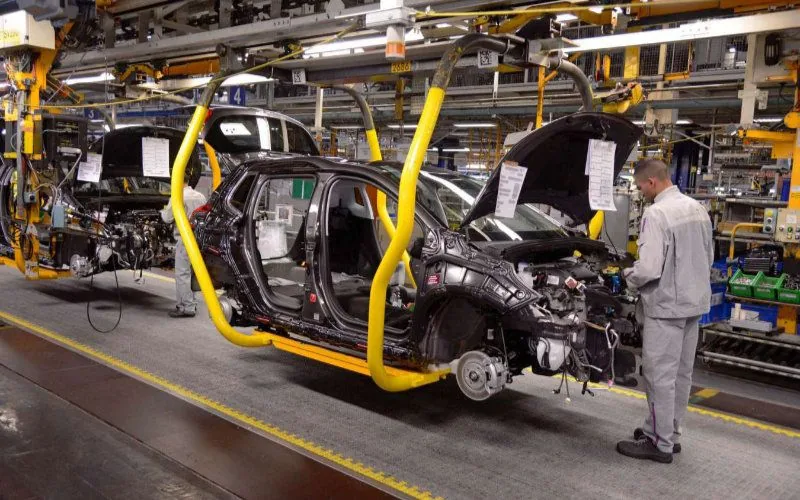Morocco’s Automotive Revolution: From Zero to One Million Cars by 2025

In just one decade, Morocco has doubled its vehicle production capacity, reaching one million units per year by 2025. Through this performance, the kingdom is establishing itself as a key player in the global automotive industry and is proving to be a serious competitor for Spain and Europe.
Morocco has been investing in the development of the automotive industry for a few years now. It all started with the modernization of the port of Tanger Med, which is now one of the most efficient in the Mediterranean. Then, the adjacent area, known as Automotive City, has gone from a capacity of 500,000 cars to one million in just a few years. The modernization of infrastructure, tax incentives, and geographical proximity to Europe have made Morocco the promised land for automotive giants such as Renault and Stellantis.
The kingdom is also working on the construction of the port of Beni Enzar in Nador. This mega-project aims to make this platform one of the most powerful logistics hubs in the world, with the capacity to transport millions of tons of goods per year, including automobiles, raw materials, and energy products. The future port of Beni Enzar is expected to be operational by 2027 and could help strengthen the logistics flow between Africa, Europe, and the United States.
This rise of Morocco in the automotive industry is worrying Spain. The kingdom is increasingly attracting automakers and manufacturers who are rushing to relocate their production there due to its skilled and inexpensive labor, more flexible environmental regulations, tax incentives, the availability of renewable energy, particularly solar, and its strategic geographical proximity to Europe.
In 2020, Morocco was producing around 250,000 vehicles per year, according to local experts consulted by El Economista. This production has quadrupled in just five years. If the forecasts for 2025 are confirmed, Morocco will join the group of the 15 largest global manufacturers, alongside Spain and Brazil. Spanish industry professionals have already expressed their concern about this Moroccan breakthrough, which could lead to job losses and investment cuts for the Spanish automotive industry.
Related Articles
-

Casablanca Official Exposes Real Estate Tycoon’s Bribery Attempt in Shocking Land Deal Revelation
28 August 2025
-

Lavish Wedding Ban Near Tetouan Sparks Controversy: Authorities Crackdown on Extravagant Celebrations
28 August 2025
-

Moroccan Customs Seize Record 167 Million Dirhams in Foreign Currency Crackdown
28 August 2025
-

Rabat’s Transport Revolution: 48km High-Speed Bus Network to Transform Urban Mobility
28 August 2025
-

Morocco’s Construction Boom Stalls: Skilled Labor Shortage Meets Rising Unemployment
28 August 2025